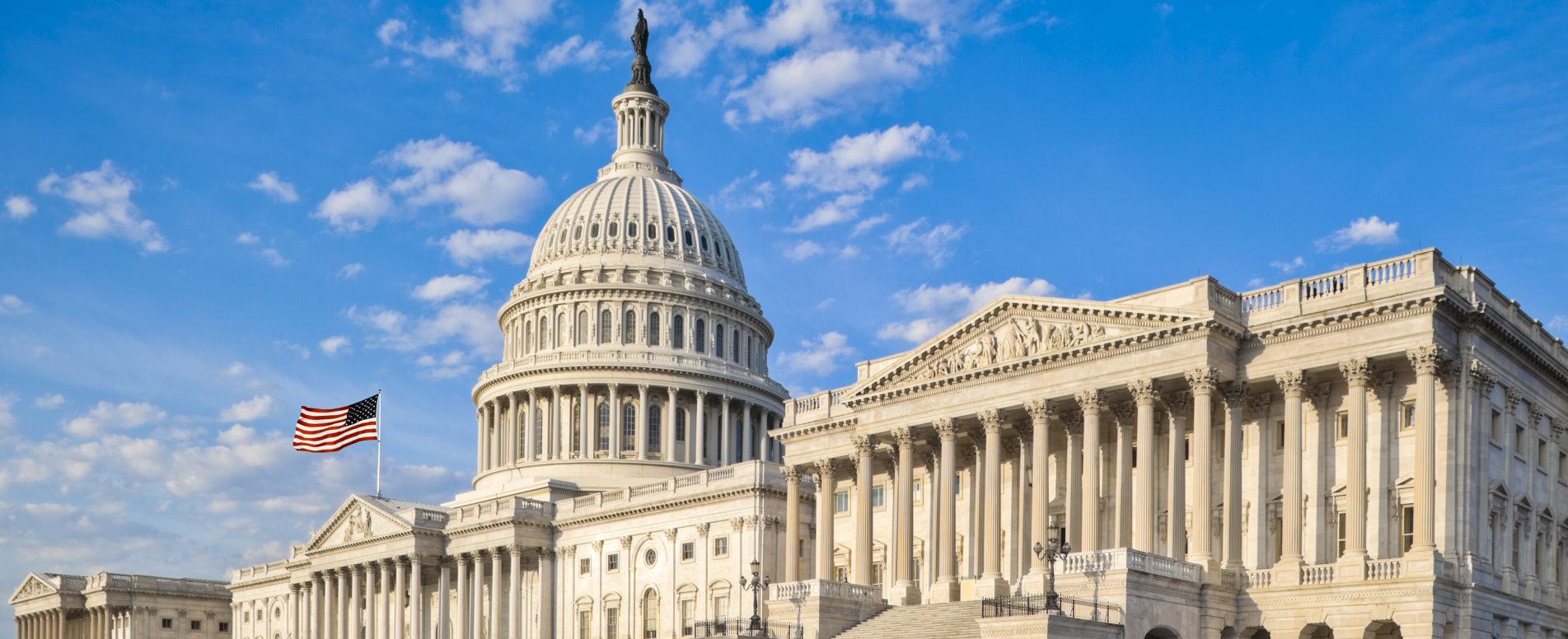Priority bills of the 89th Legislature: Testing and accountability

Date Posted: 7/16/2025
The 89th Legislature adjourned sine die June 2 after passing many bills related to public education. In this multi-part series, ATPE is recapping these bills by first taking a look at major legislation relating to our four legislative priorities for the 2025 regular session.
PART I: Public Education Funding, Educator Compensation, and the Teacher PipelinePART II: School Working Conditions
PART III: Vouchers & Virtual Schools
PART IV: Parental Rights
PART V: Legal & Liability Bills
PART VI: Testing & Accountability
-
HB 4 – DID NOT PASS
We’ll share information about other public education legislation not considered high-priority bills in a subsequent post.
Each bill includes ATPE’s position on the legislation, along with links to related ATPE Legislative Program categories and positions.
PART VI: Testing & Accountability
Major Bills:
-
HB 4 (did not pass)
HB 4 by Rep. Brad Buckley (R–Salado) | et al. – Testing & Accountability
Status: DID NOT PASS
Bill Description: HB 4 was the House’s priority student testing and school accountability bill. The bill went through two major shifts during the course of session. Initially, the bill was filed as a non-identical companion to SB 1962. As filed, both bills had the impact of consolidating authority of the testing and accountability system under the Texas Education Agency (TEA) in addition to more broadly codifying the beginning/middle/end-of-year testing system the agency has already been moving toward under STAAR.
The bill would have removed State Board of Education (SBOE) oversight of the testing and accountability system and given it to TEA and the commissioner. In addition, the bill effectively would have ended districts’ and charters’ ability to mount legal challenges against TEA in disagreements over the implementation of the testing and accountability system.
ATPE opposed the bill as originally filed.
HB 4 changed as it moved through the committee process. The version of HB 4 that the House ultimately passed represented a significant shift. As opposed to consolidating TEA’s control over testing and accountability, it did the opposite. This later version of the bill called for moving from an expansion of the TEA-controlled test to a third-party, nationally norm-referenced test; strict deadlines on giving districts advanced notice annually about the A-F accountability rubric; and significantly tighter controls over TEA’s ability to modify cut scores, including additional legislative oversight and continued oversight by the elected SBOE.
The second version of HB 4 did not remove local ability to push back against unjust implementation in the way the original bill did.
The bill also spoke to a desired philosophical shift toward “instructionally supportive assessment,” as the House clearly intended to focus on supporting students and teachers, as well as increased local control over the broader accountability system.
ATPE submitted written testimony supporting the newer version of HB 4; though imperfect, the House’s bill was a real attempt to address some of the concerns with the current system.
Unfortunately, the Senate did not accept the House’s version of HB 4. The upper chamber effectively returned the bill to its original form, if not slightly worse, by replacing it with language taken from SB 1962. Once HB 4 was voted out of the Senate, House members requested that the bill be sent to a conference committee in an attempt to restore it to something similar to the House’s version of HB 4. House members also felt passage of their own version of HB 4 had been part of the larger agreement on passing SB 2, the private school voucher bill. Despite their best efforts, the conference committee ultimately did not come to an agreement between the two chambers, and the bill died.
On July 9, Gov. Greg Abbott added “[l]egislation to eliminate the STAAR test and replace it with effective tools to assess student progress and ensure school district accountability” to the call for a special session to begin July 21.
Related positions in the ATPE Legislative Program:
School Accountability, Governance and Regulation
CONVERSATION
RECOMMENDED FOR YOU

02/13/2026
Teach the Vote’s Week in Review: Feb. 13, 2026
Early voting for the March primary election begins Tuesday, Feb. 17, and runs through Friday, Feb. 27.

02/06/2026
Teach the Vote’s Week in Review: Feb. 6, 2026
A special election runoff in Texas Senate (SD) 9 results in a dramatic party flip in a Republican stronghold.

02/06/2026
Congress finally unveils long-awaited education budget after another brief government shutdown
Texas schools are receiving short-term stability in key federal supports but no new fiscal capacity to address growing student needs, staffing challenges, or service mandates.
